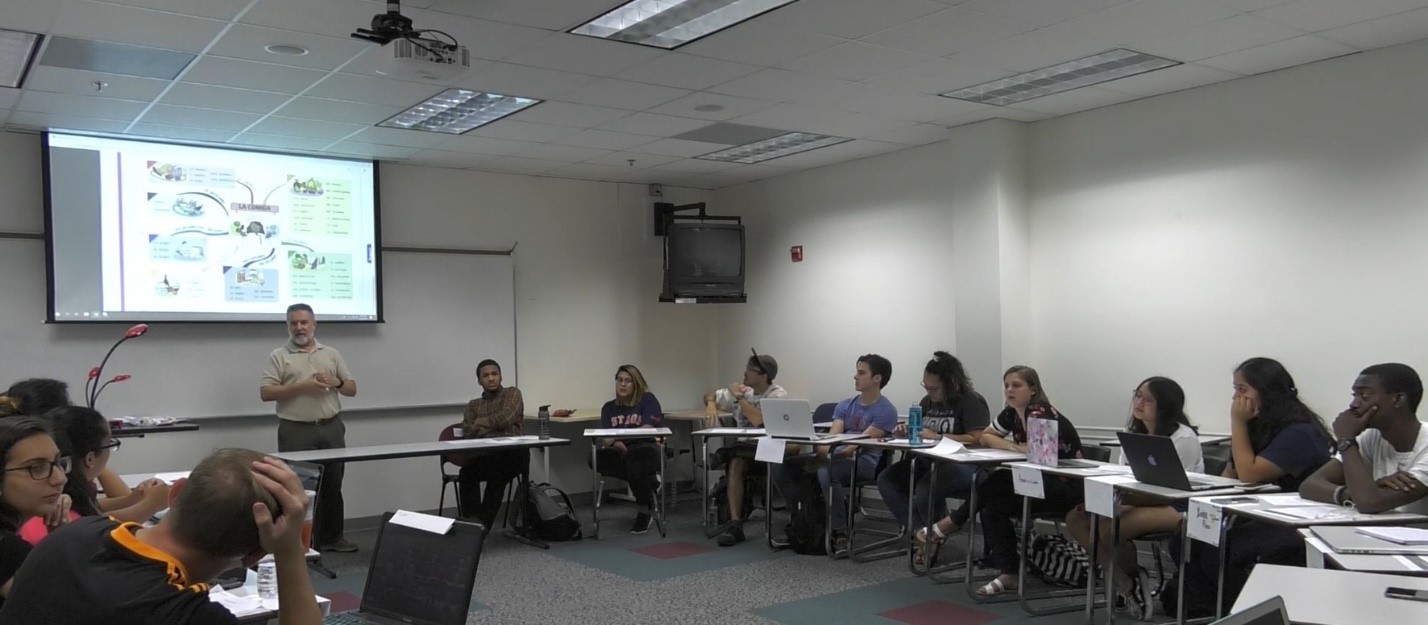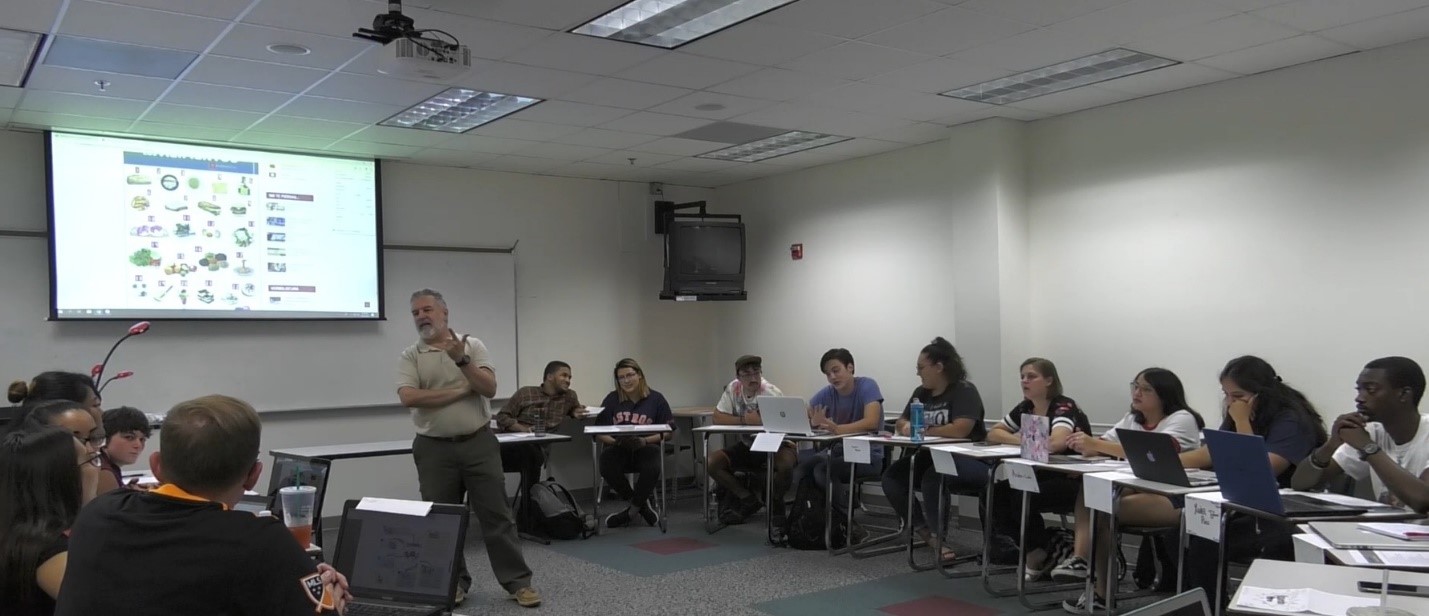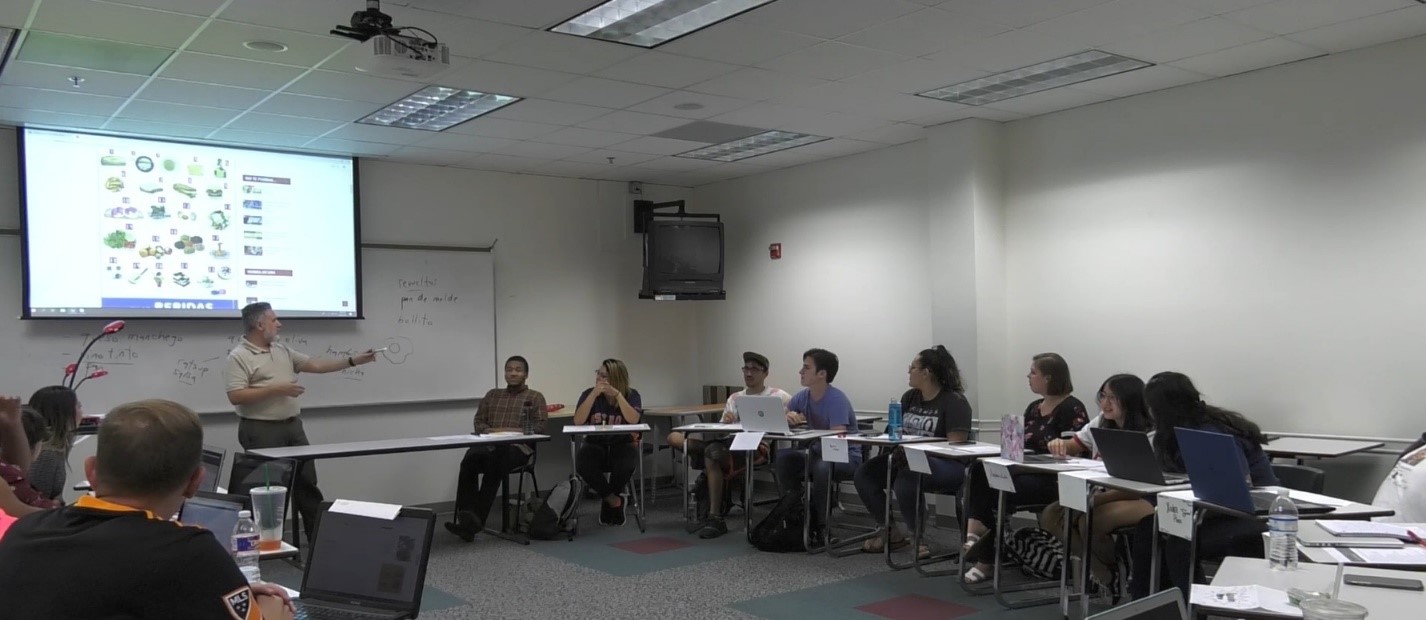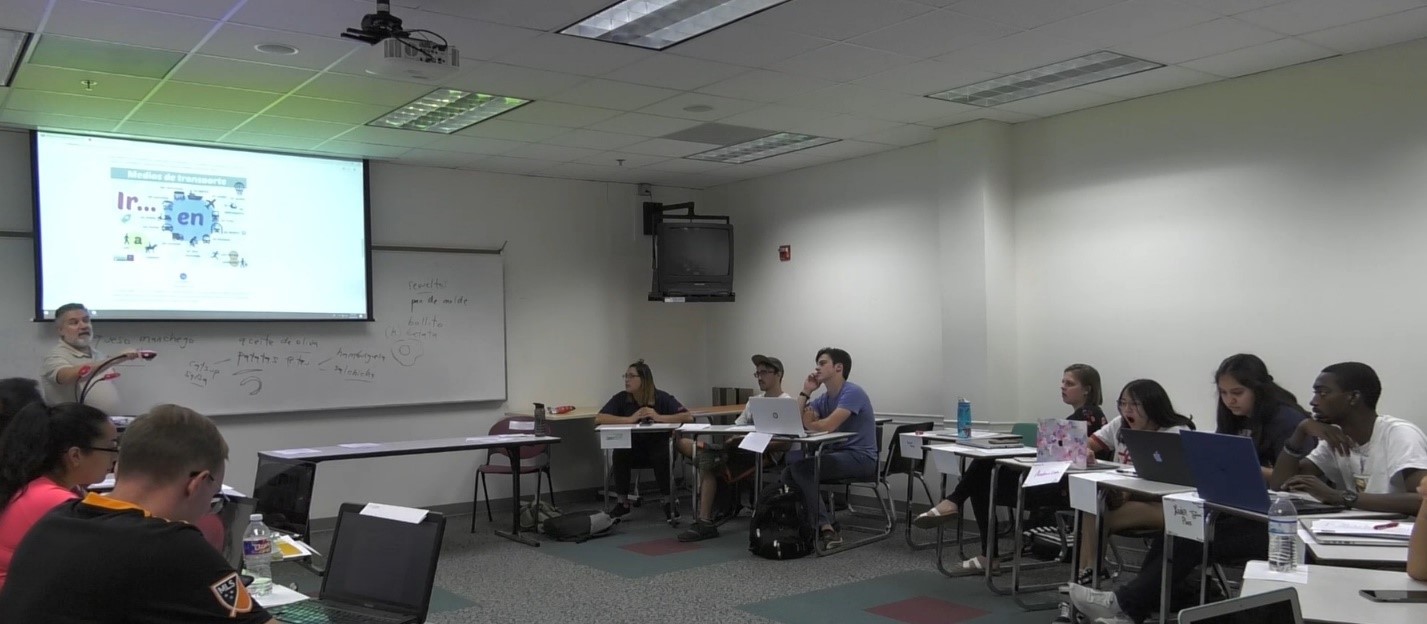Critical Perspectives on Global Education and Psychological Development
Date:
January 15th, 2026 (UTC-5)
Organizer:
Sam Houston State University
Symposium Chair:
Personal Bio:
Dr. Enrique Mallen obtained his Ph.D at Cornell University. He regularly teaches courses on language, art and culture. He is Director of the Online Picasso Project. He has published extensively on language, art and literature. Among his most recent publications are the books Pablo Picasso: Fluctuant Identities (1900-1906) (2024), Eduardo Espina: Poesía del Deslenguaje (2024), Pablo Picasso: A Period of Transformation (1906–1916) (2023), Pablo Picasso and Dora Maar: A Period of Conflict (1936–1946) (2021) and Pablo Picasso: The Aphrodite Period (1924–1936) (2020).
Call for Papers
Background:
An effective global integrated pedagogical approach requires good and rigorous design that successfully relates not only to material, but also to cross-cutting skills and cross-cultural understanding. Research shows that an integrated approach can promote deeper learning by teaching students both intrapersonal and interpersonal skills in addition to material knowledge. Interpersonal competencies involve teamwork, collaboration, and leadership; while Intrapersonal competencies include intellectual openness, work ethic, and conscientiousness. Cognitive competencies include mental processes and methods, knowledge, and creativity. An integrated approach includes activities such as reading materials, taking notes and reports, as well as having small group discussions, and cooperative, practical inquiry exercises. It has been established that this results in much higher learning, and an increase in their interpersonal metacognitive skills and positive attitudes toward learning, while also advancing their intrapersonal oral communication and discourse skills.
Goal / Rationale:
As part of an effective global integrated approach, we examine cross-cultural understanding through cross-cutting communication channels. One possible example is to examine how different cultural groups perceive and respond to life events (birth, death, etc.) by various digital media. First, by looking into cultural similarities and differences, we encourage development in the following three areas: (a) knowledge of shared values, diverse cultural viewpoints, and group distinctions; (b) intrapersonal: interest in cultural diversity; and (c) interpersonal: empathy. One of the main goals is to understand the limitations of simply using abstract generalizations to represent a complete culture or nation as there is always a lot of diversity within each culture. Moving away from such simple generalizations would further encourage students’ interest in different cultures, cultural differences, and other people's lifestyles thus enhancing their Intrapersonal competencies. Second, by encouraging students to present and share their discoveries about individuals handle death in different cultures, we promote Interpersonal competencies. Finally, by looking at how life events are dealt with in different media in diverse cultures we also promote understanding through cross-cutting skills.
Scope and Information for Participants:
According to research, growing a diversity of abilities is critical for both academic topic learning and outcomes such as character development, identity, motivation, and values education. Social, emotional, and cognitive abilities should be explicitly taught based on evidence that they can be learned. The following knowledge and skills will be developed: (1) Students will compare and contrast various approaches to specific facts of life (for example, birth, death, etc.) in different digital media. (2) Students will share their findings with their peers and explain how they do so. (3) Students will read papers prepared by their peers outlining how they handle these specific facts of life. A well-structured pedagogical approach must follow a clear route that provides students with the necessary requirements to absorb new concepts and connect them to concepts they already understand. To accomplish our goal, we may be mapping backward from competencies to knowledge, abilities, and dispositions, and then from those learning outcomes to smaller pedagogical units with partial learning outcomes. This would steadily and gradually improve learning results. These smaller educational units can then be linked to form sequences that progress both vertically and horizontally—that is, coherently within and between levels. Coding each step allows instructors to identify what specific competencies it is intended to develop. After the instructional approach has been defined, one may "audit" it, looking at each step for opportunities to adjust to the necessary knowledge, abilities, and attitudes one has in mind.










